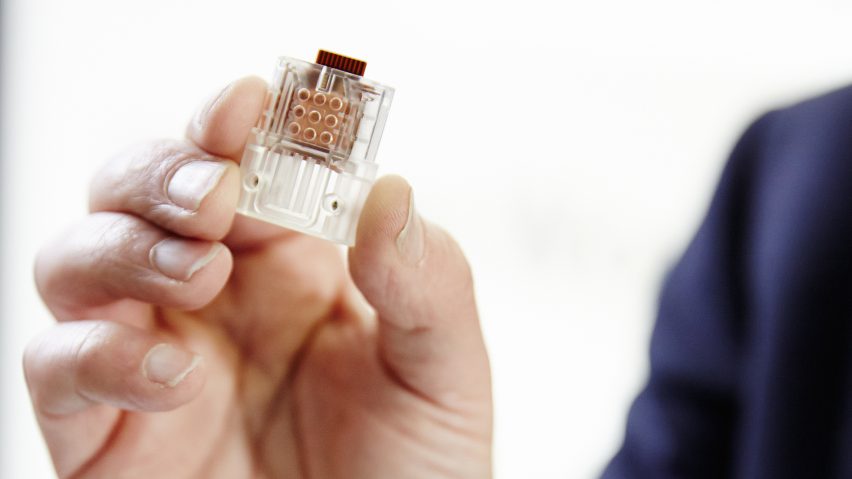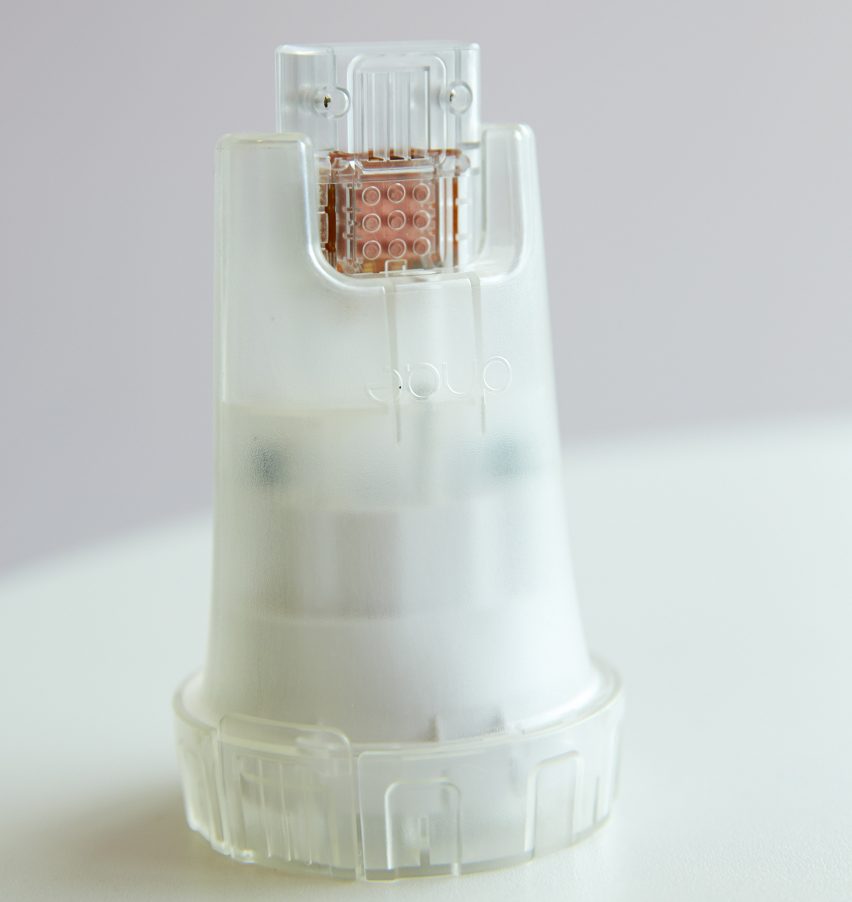
USB stick diagnoses HIV in 30 minutes
A group of scientists have developed a home HIV testing kit that speeds up diagnosis and allows patients to monitor their own treatment.
The teams from Imperial College London and DNA Electronics worked together to create the USB stick, which uses a drop of blood to detect HIV.
If the HIV virus is present, the acidity of the sample will change – triggering an electrical signal that can be read by a computer, laptop or handheld device.
The initial research, published in the journal Scientific Reports, has shown the device to be very accurate. Among the 991 blood samples tested, the technology was accurate 95 per cent of the time.

The device also drastically reduces the amount of time the testing process takes. While current tests take at least three days, the USB stick can produce a result in under 30 minutes.
It also means that the level of HIV in the blood stream can be regularly monitored, allowing professionals to see if the virus developed a resistance to the prescribed drugs.
Being able to regularly monitor the viral levels also enables healthcare professionals to check if the patient is taking their medication – as stopping medication has been reported to cause HIV drug-resistance.
"HIV treatment has dramatically improved over the last 20 years - to the point that many diagnosed with the infection now have a normal life expectancy," said Graham Cooke, senior author of the research, from the Department of Medicine at Imperial College.
"However, monitoring viral load is crucial to the success of HIV treatment," he added.
The team believe the stick could be particularly beneficial in remote regions of sub-Saharan Africa, where people may not have easy access to testing facilities.
They are also investigating whether the device can be used to test for other viruses, such as hepatitis.
The USB stick is similar to a smartphone dongle developed by Columbia Engineering researchers last year. It can simultaneously detect HIV and syphilis within minutes.